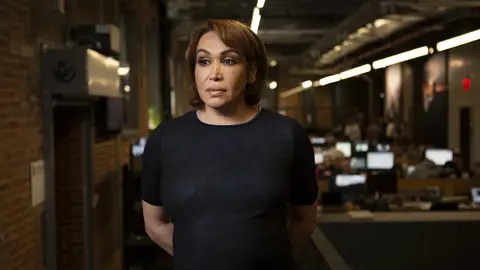New Study Shows How COVID-19 Is Wreaking Havoc on Queer POC

The coronavirus (COVID-19) pandemic has had a particularly devastating financial impact on one subset of the LGBTQ community: queer people of color.
A new report from HRC and PSB Research is putting numbers to this disparity. And the findings—based on a survey of 4,000 adult Americans between April 16 and May 6, 2020—are illuminating. As far as unemployment goes, 22% of queer POC reported losing their jobs due to COVID-19 versus 14% of white LGBTQ people and 13% of non-LGBTQ respondents. Thirty-eight percent of LGBTQ POC said their work hours were cut compared to 29% of white queer people and 24% of the general population.
Queer POC are also more likely to have asked for delays in paying bills or rent amid the crisis. One-fourth of LGBTQ POC respondents said they checked to see if their bank account was overdrafted compared to 13% of white queer people and just 10% of the general population.
The report also notes that black people are disproportionately susceptible to the virus itself, which has already claimed the lives of more than 93,000 Americans. Black Americans account for 22% of that staggering death toll despite only comprising 12% of the U.S. population. And in New York City, a particularly hard-hit area, Latinx people make up nearly 34% of all COVID-19-related deaths.
In a media statement, HRC president Alphonso David said the findings, which build on previous data released by the LGBTQ advocacy group, are "unfortunately not surprising."
"We know that multiply marginalized populations are at an increased risk of contracting the virus and suffering its effects—vulnerable communities are facing higher death rates than the general population across the country," David added. "We must acknowledge that these communities, particularly LGBTQ people of color, face systemic biases that are placing them at greater risk. Understanding this data is the first step towards addressing these injustices as we build towards recovery."
Read the report in full here.





